China suspends rare earth exports, kneecapping US industry reliant on Beijing’s ‘monopoly’
China has halted exports of key rare earth minerals and magnets that are crucial for the world’s car, tech, and aerospace industries as the trade war intensifies with the US.
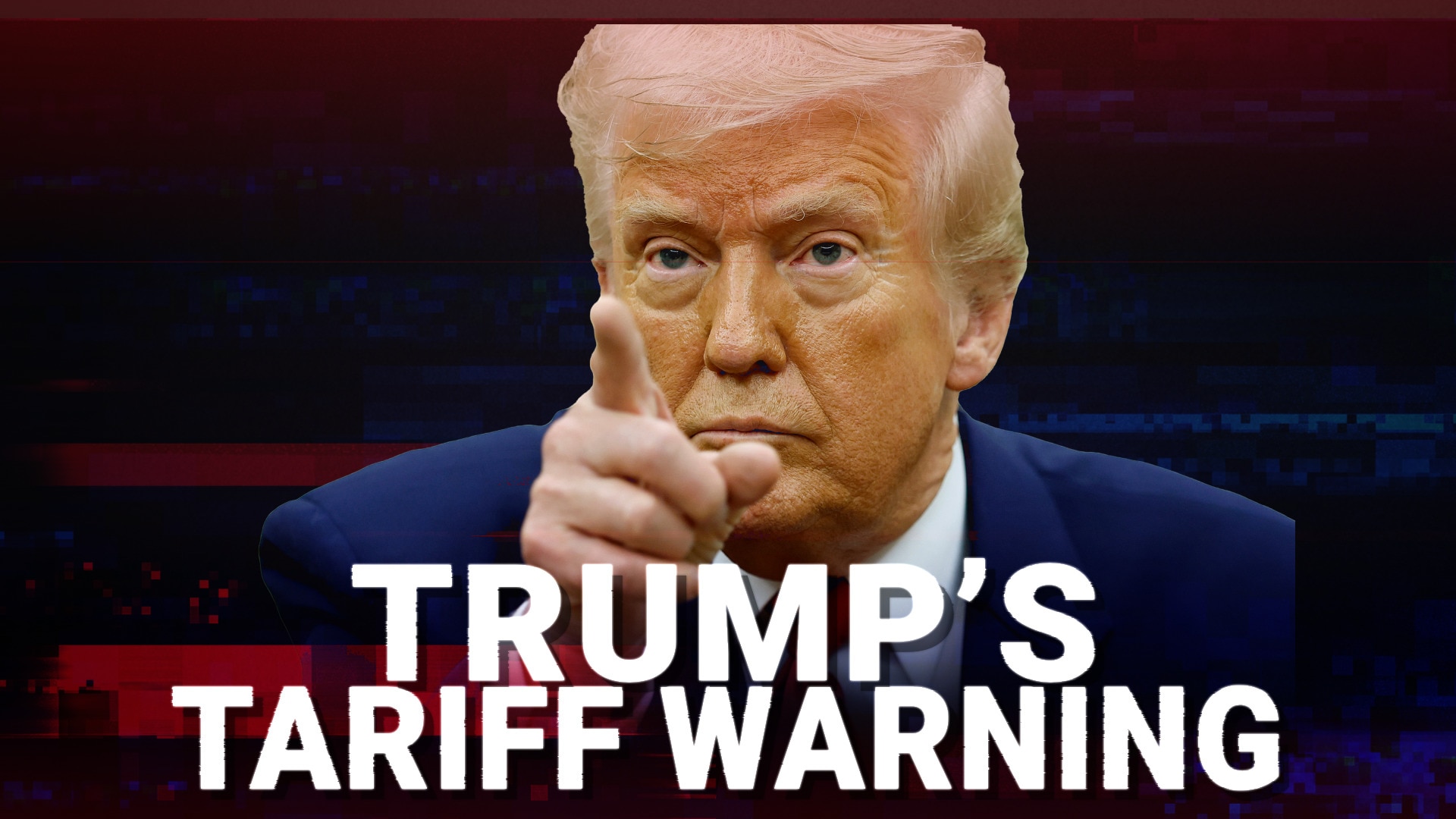
World
Don't miss out on the headlines from World. Followed categories will be added to My News.
China has stopped shipping some heavy rare earth metals and magnets critical to US production of everything from cell phones to fighter jets as Beijing’s trade war with Washington simmers.
On April 4, the Chinese government ordered restrictions on the export of six heavy rare earth metals, which are refined entirely in China, as well as rare earth magnets, 90 percent of which are produced exclusively there.
The export halt applies to all countries, but access to elements like dysprosium and yttrium are critical to US industry — especially in the tech, electric vehicle, aircraft and defense sectors, according to Drew Horn, who served as the top US official on strategic minerals and energy supply chain development in President Trump’s first administration
“Rare earths are in everything,” he told The Post, singling out “the EV and auto space … [and] everything from cell phones, defense key components, [and] space travel.”
“China,” Horn added, “has essentially created an all-powerful monopoly with them.”
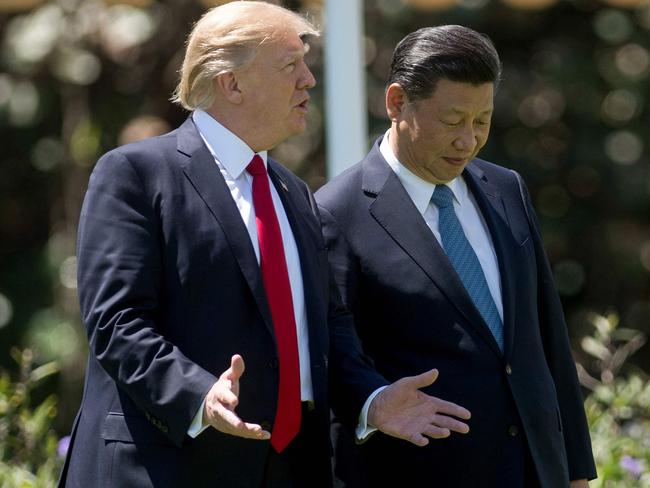
Instead of only hiking the price US companies have to pay to sell goods inside China via tariffs, Beijing also appears to be using its export capability to move the needle against Washington.
“The Chinese have been threatening this because they do have that leverage to basically cut us off and cut the world off, which essentially cuts us off through all sorts of different means, and now they’re doing it,” said Horn, whose consulting firm GreenMet Advisory works to expand the US mining industry.
Beijing had previously threatened to stop shipping the rare earth elements during Trump’s first administration, with President Xi Jinping making a public visit to a magnet factory in Ganzhou during a time of tense US trade relations in 2019.
“Beijing’s rare earth play is a card they’ve used before — and overplayed,” Craig Singleton, senior China fellow at the Foundation for Defense of Democracies, said.
“The US response this time is less panic, more resolve. Washington sees these latest moves as further justification to fast-track domestic production and friend-shoring strategies, thereby reducing China’s ability to escalate today’s tariff fight to other domains, like rare earths, where it has leverage.”
FOLLOW UPDATES BELOW:
TRUMP REVEALS CHINA WAR FEARS
Donald Trump has revealed a troubling motive behind his tariffs, saying more products need to be made in the United States so it is prepared in case of “war”.
Not only has Mr Trump sparked fears of a global recession with his crackdown on foreign imports into America; he is not ruling out global conflict.
Mr Trump made the comments on Air Force One while discussing possible pharmaceutical tariffs.
“We’re going to have our drugs made in the United States so that in case of war, in case of whatever, we’re not relying on China and various other countries, which is not a good idea.”
Meanwhile, Chinese President Xi Jinping issued his own warning via a statement he made during his tour of Southeast Asia tour.
“There are no winners in a trade war, or a tariff war,” Xi wrote in an editorial published by Vietnamese and Chinese state media.
“Trade war and tariff war will produce no winner, and protectionism will lead nowhere.”
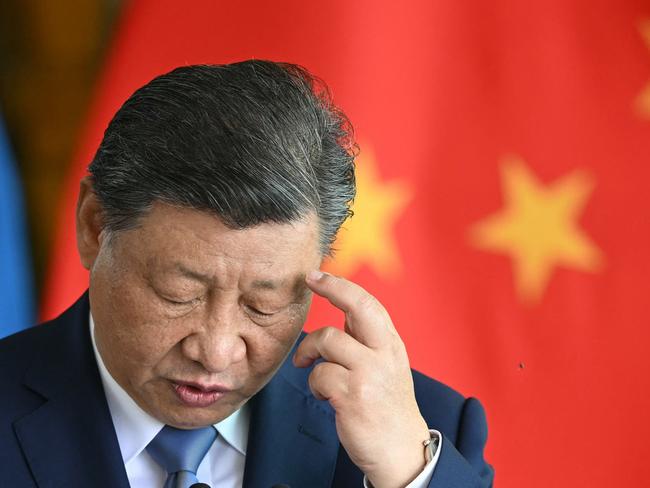
Beijing has suspended exports of some rare earth minerals and magnets that are crucial for the world’s car, semiconductor and aerospace manufacturing.
Trump adviser and director of the National Economic Council Kevin Hassett told media the administration was helping small businesses that relied on supplies out of China find alternative resources.
“The White House is concerned about China. Period,” Hassett said.
JD VANCE IN TROPHY BLUNDER
Vice President JD Vance had an embarrassing slip-up when he dropped the College Football Playoff National Championship trophy during a visit from Ohio State.
The mishap unfolded on the White House lawn, as media and Ohio State players gathered for a photo op.
And while President Donald Trump’s cringeworthy sexual innuendos caused discomfort for some of the students, it was Vance who found himself in the hot seat.
During the Rose Garden ceremony, Ohio State senior running back TreVeyon Henderson attempted to hand the trophy to Vance. Meanwhile, Trump, holding the iconic Buckeyes helmet, watched from the centre.
As Vance reached for the trophy, it fell apart with Henderson awkwardly gripping the stem while Vance scrambled for the base.

Miraculously, the trophy stayed mostly intact. After a brief pause, Vance awkwardly carried on, clutching only the top half, leaving the base behind in a bid to salvage the moment.
NewsNation broadcast the incident live, with the anchor spotlighting the fumble: “Let’s just take this shot full for a moment and see what happens there, and oh, what did the Vice President drop over there? Did he drop the trophy?”.
“Oh, come on, Mr. Vice President! Just as we’re going to it live, JD Vance, who’s an Ohio State graduate himself by the way, class of ‘09....never a dull moment... give the trophy back, Vice President, so you don’t drop it [again].”
This incident comes on the heels of Vance’s controversial remarks about China and a significant misstep during a recent trip to Greenland.
TRUMP PULLS $US2.2BN IN HARVARD FUNDING
Donald Trump has been sensationally rebuffed by one of the world’s highest ranked and most prestigious Universities.
Harvard University has flatly rejected the Trump Administration’s orders to curtail anti-Semitism on campus despite threats of a funding freeze.
Defiant, the Ivy League school’s president, Alan Garber wrote in a statement that “no government — regardless of which party is in power — should dictate what private universities can teach, whom they can admit and hire, and which areas of study and inquiry they can pursue.”
The Trump administration swiftly responded mere hours later by issuing a funding freeze on $US2.2 billion in multi-year grants and $US60 million in multi-year contracts.
In a statement to the New York Post the President’s Joint Task Force to Combat Anti-Semitism slammed the decision.
“Harvard’s statement today reinforces the troubling entitlement mindset that is endemic in our nation’s most prestigious universities and colleges – that federal investment does not come with the responsibility to uphold civil rights laws” the statement read.
AUSSIES COULD DODGE TECH TARIFF PRICE HIKES
American consumers are likely to end up paying more for electronic items such as the iPhone, as a result of new tariffs, but Australians will likely avoid such a hike, according to a leading economist.
AMP chief economist Shane Oliver said that unlike in America, Mr Trump’s temporary exemption of electronics from a proposed 145 per cent tariff has likely averted a major price spike in Australia - for now.
“But they will likely still be subject to some tariff at a later date,” he said, adding the move should have “no impact on prices in Australia” since the tariffs only apply to the US market.
Many of Apple’s devices are manufactured or assembled in China, including the iPhone — the most profitable consumer product in history.
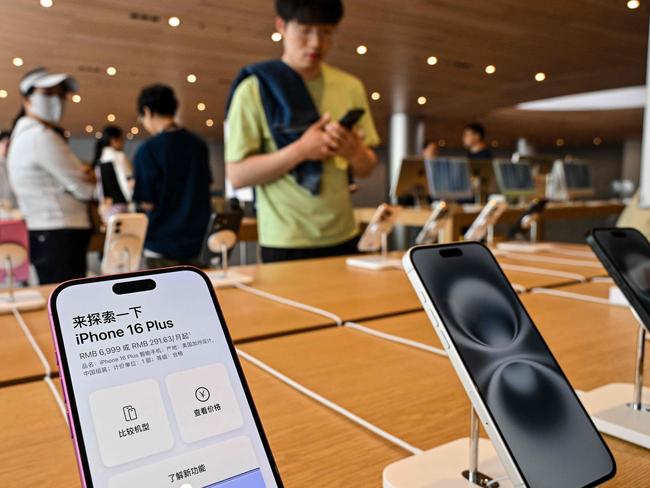
Of Apple’s $US391 billion in annual revenue, half comes from iPhone sales.
And according to Counterpoint Research, around 80 per cent of iPhones sold in the US are made in China, with 20 per cent produced in India.
Globally, about 70 per cent of the 1.4 billion iPhones in circulation are assembled in China.
Under Mr Trump’s controversial trade policy, China now faces a 145 per cent tariff on goods imported to the US, the highest rate hike in the broader trade crackdown.
While most countries receive a 90-day reprieve with a 10 per cent tariff, China has been hit hardest, with Beijing retaliating with its own 125 per cent tariff on US imports.
Mr Trump, posting on Truth Social, reiterated that no country would be “off the hook” for unfair trade practices.
Along with fellow smartphone giants such as Samsung, Apple has been trying to diversify its supply chains to avoid over-reliance on China in recent years.
Mr Oliver said while Apple could realistically shift its iPhone production away from China to avoid tariffs, that process would take years.
“Bringing the production back to the US will take years and result in a far more expensive iPhone, for example it could cost around $US2500 for the same phone because US labour costs are so much higher,” he said.
If Mr Trump reintroduces or expands tariffs, American consumers could see price hikes on products like iPhones almost immediately, depending on how quickly Apple passes on the added costs.
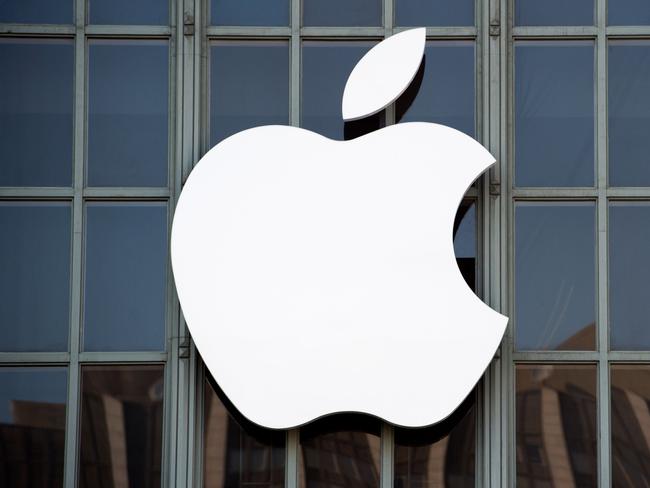
Pricing would also likely vary between countries, Mr Oliver said, reflecting differences in tax rates — much like the current variations driven by GST and other local levies.
“Given Australia is not imposing the tariffs here our prices should not go up,” he said.
“But we may benefit from other countries sending their products to Australia that might otherwise have gone to the US and this may push down some prices on consumer goods here, assuming it’s not offset by a weaker Australian dollar.”
Late last week, the White House issued temporary exemptions for key tech items such as smartphones, laptops, and memory chips.
However, Mr Trump stated that these products remain subject to a 20 per cent tariff in a different “tariff bucket,” signalling the relief is only a pause, not a permanent rollback.
The White House said the exemptions were strategic and intended to give companies time to shift manufacturing out of China.
“President Trump has made it clear America cannot rely on China to manufacture critical technologies such as semiconductors, chips, smartphones, and laptops,” said White House press secretary Karoline Leavitt.
“At the direction of the president, these companies are hustling to onshore their manufacturing in the United States as soon as possible.”
Apple has already begun ramping up production in India and Vietnam — two countries emerging as key alternatives to China in its global supply chain.
Despite this, the president remains optimistic about his trade strategy, referencing his relationship with Chinese President Xi Jinping and suggesting “something positive” could come from the trade war.
The White House said Mr Trump would release “very specific” tariff details on Monday US time.
US SEES HUGE DROP IN AUSSIE VISITORS
Australians are avoiding travel to the United States in large numbers under Donald Trump’s second presidency, new data shows, and tourist numbers are expected to plummet throughout the year.
Statistics from the US International Trade Administration reveal the number of visitors from Australia in March 2025 was down by 7 per cent compared with March 2024.
This represents the largest decline since the Covid pandemic.
The downturn exceeds the global tourism industry’s worst case predictions, according to travel analytics group Tourism Economics.
TRUMP TARIFFS: MARKET UNCERTAINTY DOMINATES
US tariff exemptions for electronics prompted market rallies on Monday from Asia to Wall Street, but uncertainty dominated in a global trade war that Chinese leader Xi Jinping warned can have “no winner.”
The Dow Jones index was up one per cent shortly after the opening and the S&P 500 up 1.45 per cent. This followed boosts on Asian and European markets.
Investors are relieved at the apparent easing of pressure in President Donald Trump’s wide-ranging but often chaotic attempt to reorder the world economy by using tariffs to force manufacturers to relocate to the United States.
Tit-for-tat exchanges have seen US levies imposed on China this year rise to 145 per cent, and Beijing setting a retaliatory 125 per cent barrier on US imports.
The electronics tariff reprieve means exemptions from the latest duties against China for a range of high-end tech goods such as smartphones, semiconductors and computers.
But Trump suggested Sunday that the exemption would be only temporary and that he still planned to put barriers up on imported semiconductors and much else.
“NOBODY is getting ‘off the hook’ for the unfair Trade Balances,” Mr Trump blasted on his Truth Social platform. “We are taking a look at Semiconductors and THE WHOLE ELECTRONICS SUPPLY CHAIN.”
On Monday, Mr Trump once again pivoted to suggesting possible compromise, saying he was “looking at something to help some of the car companies” hit by his 25 per cent tariff on all auto imports.
“I don’t want to hurt anybody,” he said.
MEMO REVEALS PLAN TO SLASH STATE DEPT. BUDGET IN HALF
The Trump administration is reportedly proposing to slash the US State Department budget by nearly half in a move that could drastically reduce US international spending and end its funding for NATO and the United Nations.
The cuts would mean drastic decreases in funding for international humanitarian assistance and global health, which would be slashed by 54 per cent and 55 per cent respectively, according to the memo, which was first reported by The Washington Post.
More Coverage
Originally published as China suspends rare earth exports, kneecapping US industry reliant on Beijing’s ‘monopoly’
Read related topics:Donald Trump




